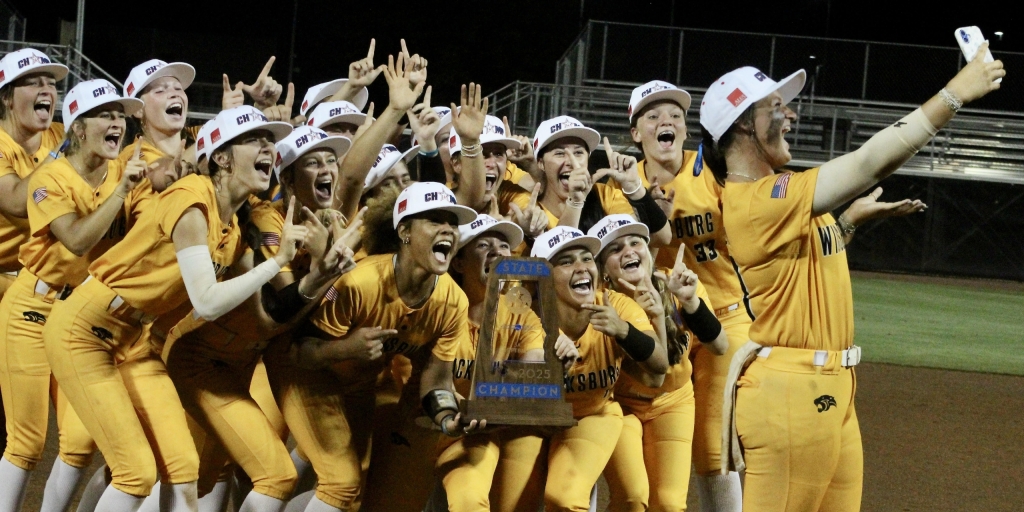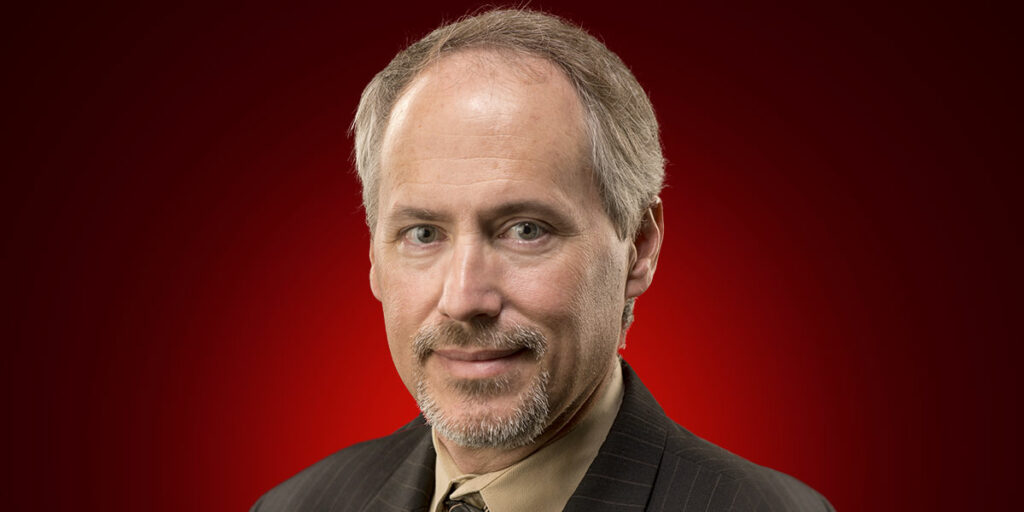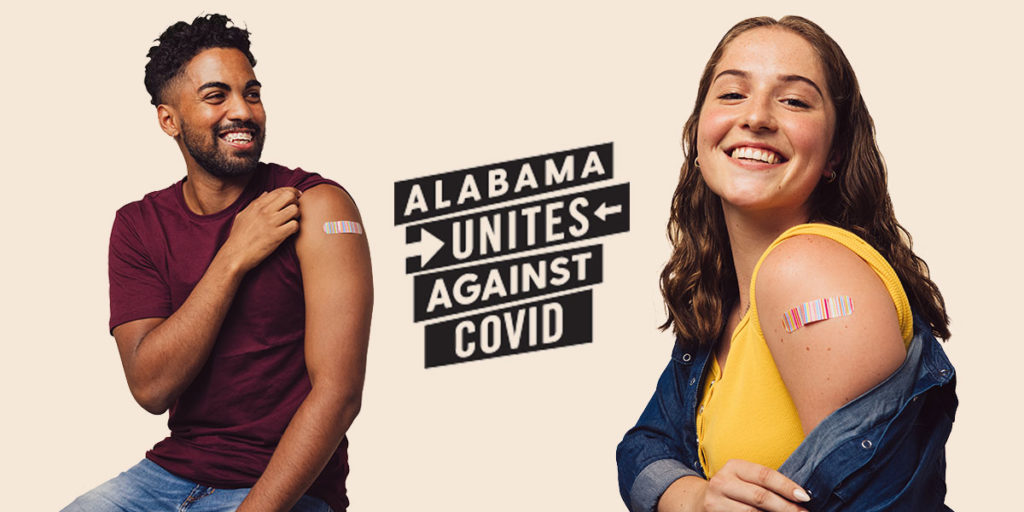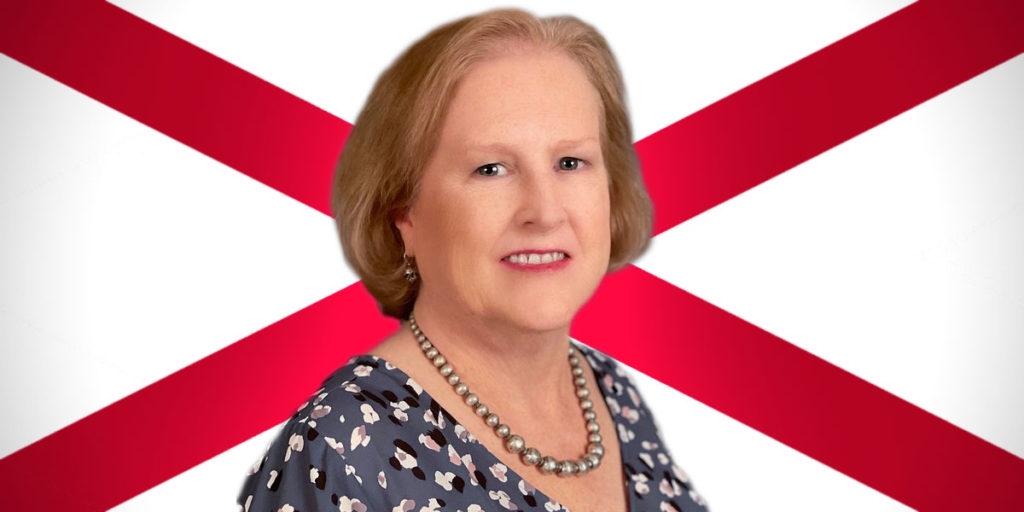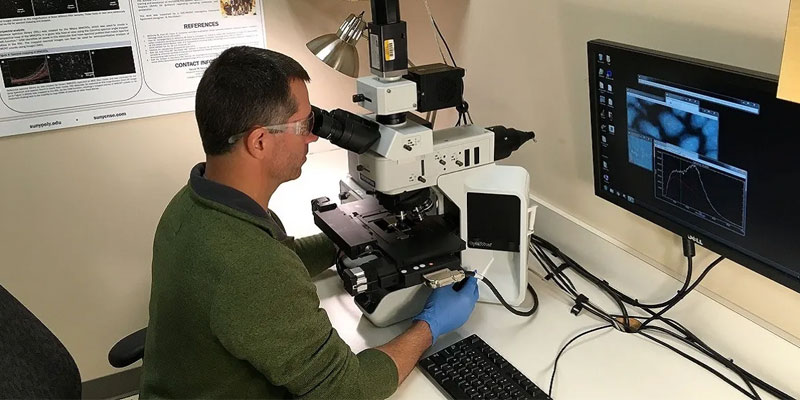Alabama currently ranks last in fully vaccinated population percentage, according to the Mayo Clinic. The reluctance of many to take the free, highly effective COVID vaccines has led to calls for mandatory vaccination. Economics can offer perspective on vaccine hesitancy.
As an economist, I will not pretend to possess expert insight on vaccine hesitancy. That millions of Americans have said, “No, thanks,” suggests the relevance of numerous factors. Personal freedom must include autonomy over the injection of substances into one’s body. Freedom to refuse vaccination should be the default. Mandatory vaccination requires a strong rationale.
The Prisoner’s Dilemma potentially offers such a rationale. In a Prisoner’s Dilemma, people can take two actions, one benefitting the group and one anti-social action. We all judge ourselves as better off if everyone cooperates than if everyone behaves anti-socially. But individually we have an incentive to avoid the cost of cooperating. The Prisoner’s Dilemma represents an important case where self-interest does not produce the best outcome for the group.
Universal effective vaccination effectively halts the spread of a communicable illness, making us all better off than with uncontrolled spread. But vaccination takes time and involves some pain and side effects. If everyone else gets vaccinated, we can avoid the discomfort and enjoy virtually the same protection. Prisoner’s Dilemmas are more difficult to manage in larger groups than small groups.
Nobel-prize-winning economist James Buchanan argued how free people might agree to be coerced. We accept being forced to cooperate in exchange for government similarly forcing others to cooperate.
Genuine consent is crucial here. Libertarians say that “Taxation is theft,” with some justification. Taxation and theft both involve armed men compelling the surrender of wealth. Only genuine consent distinguishes legitimate taxation from theft.
Ideally, each of us should have to give consent to be coerced. This is impossible in a society of any size, so we rely on representative democracy. Yet our representatives can then impose on us without genuine consent.
One problem with American democracy, I think, has been the cumulative effect of insufficient consent. Americans fear that elected officials will coerce us to benefit special interests. And paternalistic bureaucrats may have an unrepresentative view of parenting.
Policymaking during COVID has been based on vanishingly little consent. Most has occurred under undemocratic emergency powers laws. Governors have undoubtedly consulted polls when closing businesses and issuing stay-at-home orders, but when many state legislators feel powerless, citizens will also feel disenfranchised.
The political process additionally makes addressing hesitancy difficult. Consider how politics contrasts with markets. All market transactions are voluntary. As Notre Dame philosopher James Otteson emphasizes, everyone has the right to say “No, thank you” to the purchase of any product. The right of refusal implements moral equality between all; no elite can command others.
Consumers will not buy a new product they fear is unsafe. Refusal to buy does not require validation of these fears by an expert. Businesses have a financial incentive to respect customers and understand their fears to possibly allay these fears.
By contrast, politicians can coerce those who disagree with them. Elected officials care what people think about their policies, but primarily the constituents who elected them. New York Mayor de Blasio is introducing vaccine passports to prevent vaccine-hesitant New Yorkers from going to gyms, restaurants, or bars. The mayor has written off the votes of the vaccine-hesitant and is playing to his political base.
The Biden administration could help hesitancy by pushing the Food and Drug Administration to fully approve the vaccines. The vaccines are still covered by an Emergency Use Authorization, allowing skeptics to denigrate them as “experimental.”
Addressing Americans’ vaccine hesitancy requires talking with them about their concerns and fears. This conversation must be respectful and not simply lead to social media shaming. Respect also means accepting their decision if we cannot address their concerns.
Daniel Sutter is the Charles G. Koch Professor of Economics with the Manuel H. Johnson Center for Political Economy at Troy University and host of Econversations on TrojanVision. The opinions expressed in this column are the author’s and do not necessarily reflect the views of Troy University.






